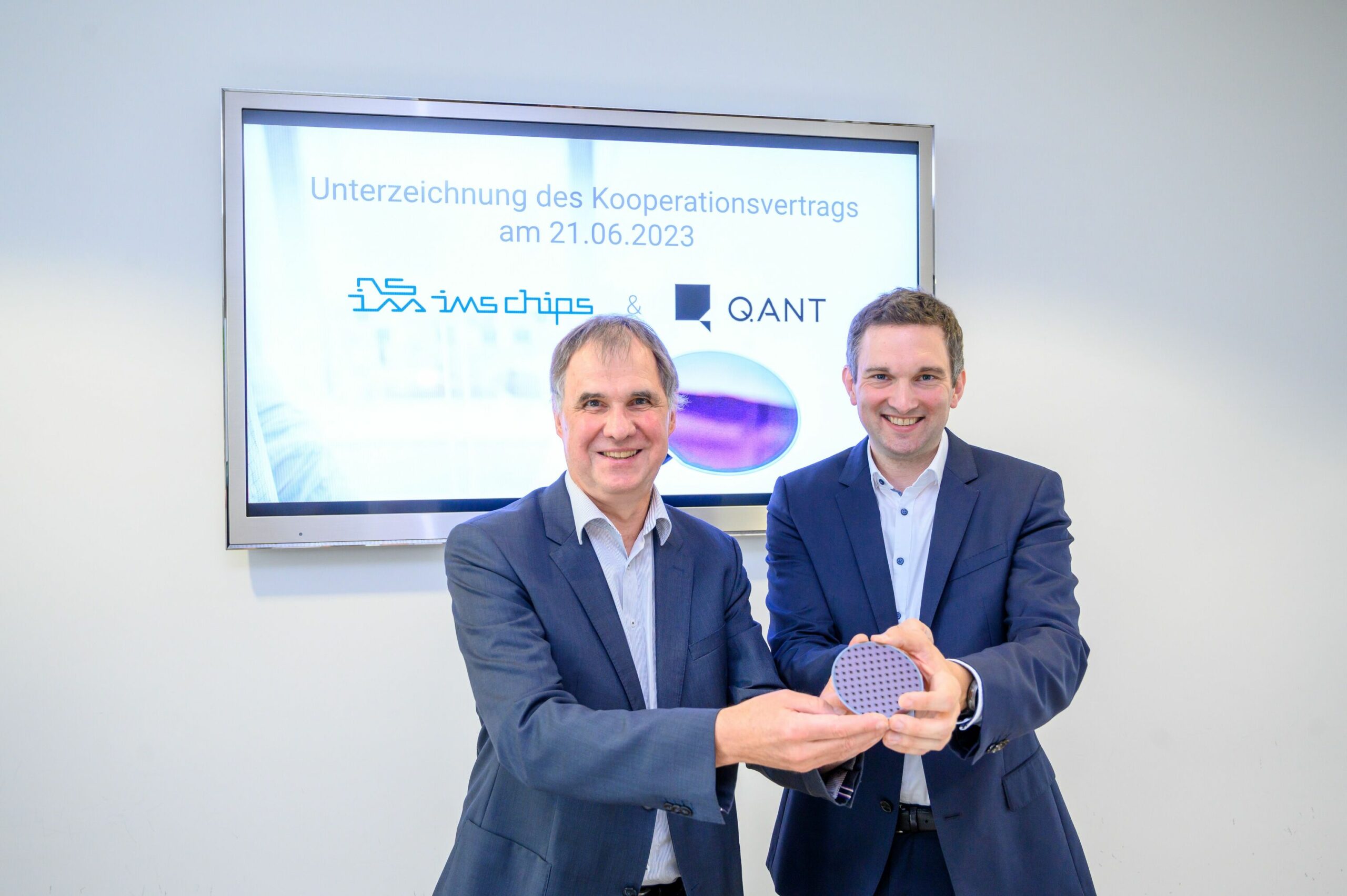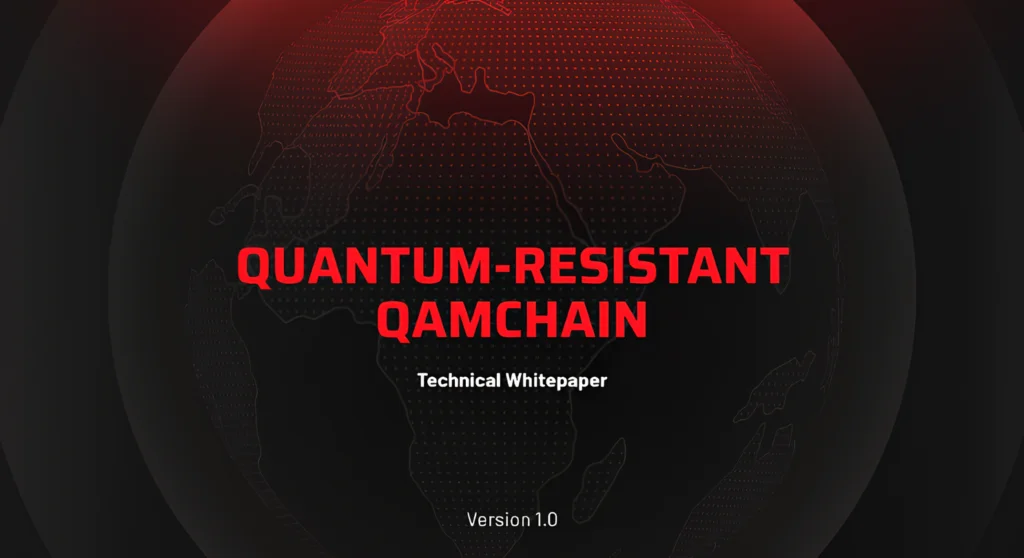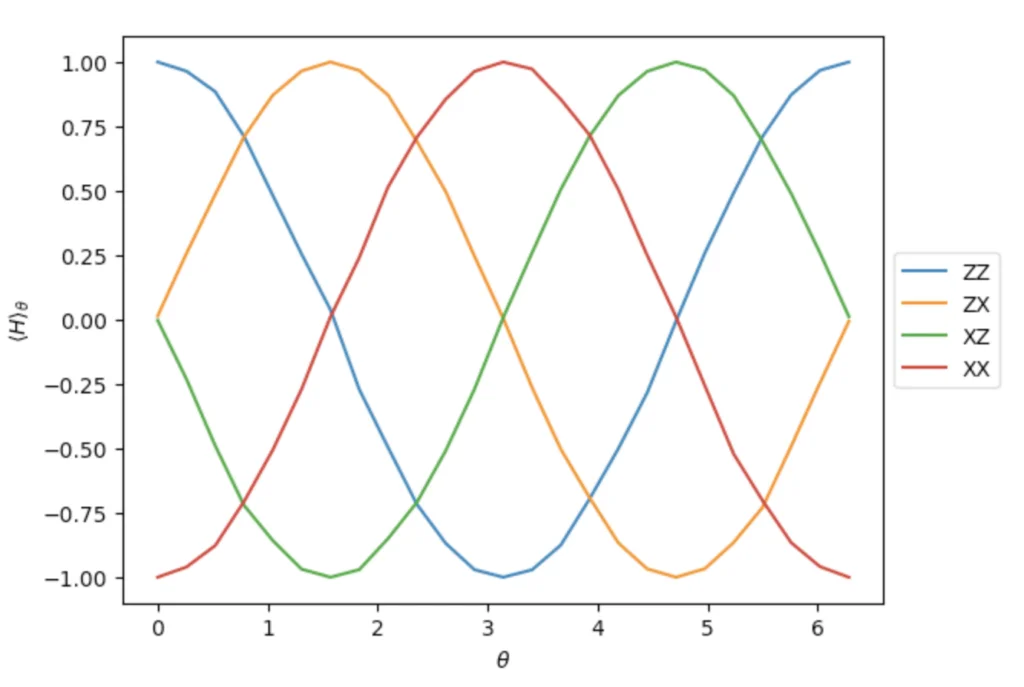Insider Brief
- Q.ANT and the Institute for Microelectronics Stuttgart (IMS CHIPS) signed an agreement to jointly manufacture quantum chips.
- The start-up is contributing machines and process technology in an initial investment worth 14 million Euros.
- Image: Q.ANT CEO Michael Förtsch and IMS Chips Director Joachim Burghartz present a wafer from which quantum chips are obtained. (Q.ANT)
PRESS RELEASE — Stuttgart-based start-up Q.ANT and the Institute for Microelectronics Stuttgart (IMS CHIPS), signed an agreement to jointly manufacture quantum chips. Chips for quantum processors are to be produced in small batches in just two years. As a leading quantum technology company, Q.ANT contributes its know-how in quantum computer chip production to the cooperation. In addition, the start-up is contributing machines and process technology in an initial investment worth 14 million Euros. IMS CHIPS is participating with its existing machinery. Quantum chips are considered central building blocks for quantum processors, which will provide a speed advantage in the future, for example, in the environment of high-performance computing centers.
“Together, Q.ANT and IMS CHIPS are setting up a complete, series-targeted chip manufacturing facility in Stuttgart. We are starting small-scale production of quantum chips to initially cover our own demand for chips for our developments for quantum processors. In the future, however, we would also like to offer the chips on the market in large-scale production,” says Michael Förtsch, Managing Director of Q.ANT.
In addition to clean room production with appropriate equipment, IMS CHIPS also brings experts with experience in industrial-scale manufacturing to the cooperation. In return, the start-up invests in manufacturing capacity and equipment geared toward quantum technologies. For the IMS, which is a foundation of the state of Baden-Württemberg, the cooperation offers the opportunity to advance research and development activities.

“This cooperation is an important contribution to the research initiatives in Germany and especially in the state of Baden-Württemberg. Through the cooperation, we ensure connectivity to the age of quantum technology,” explains Prof. Dr. Joachim Burghartz, director and CEO of the Institute for Microelectronics Stuttgart.
In addition to quantum processors, the chips, which operate on the basis of light, are to be used in a wide variety of industries in the future: The fields of application range from medical technology, sensor technology and telecommunications to cryptography, logistics and the financial sector.
In contrast to many other quantum computing solutions, which operate at cryogenic temperatures up to -273 °C, the photonic chips of Q.ANT are operated at room temperature. This significantly simplifies integration into existing computing architectures. For its chips, Q.ANT relies on a specially developed technology platform with the material lithium niobate, which is perfectly suited for the photonic approach to quantum computing due to its good electro-optical properties.
If you found this article to be informative, you can explore more current quantum news here, exclusives, interviews, and podcasts.















